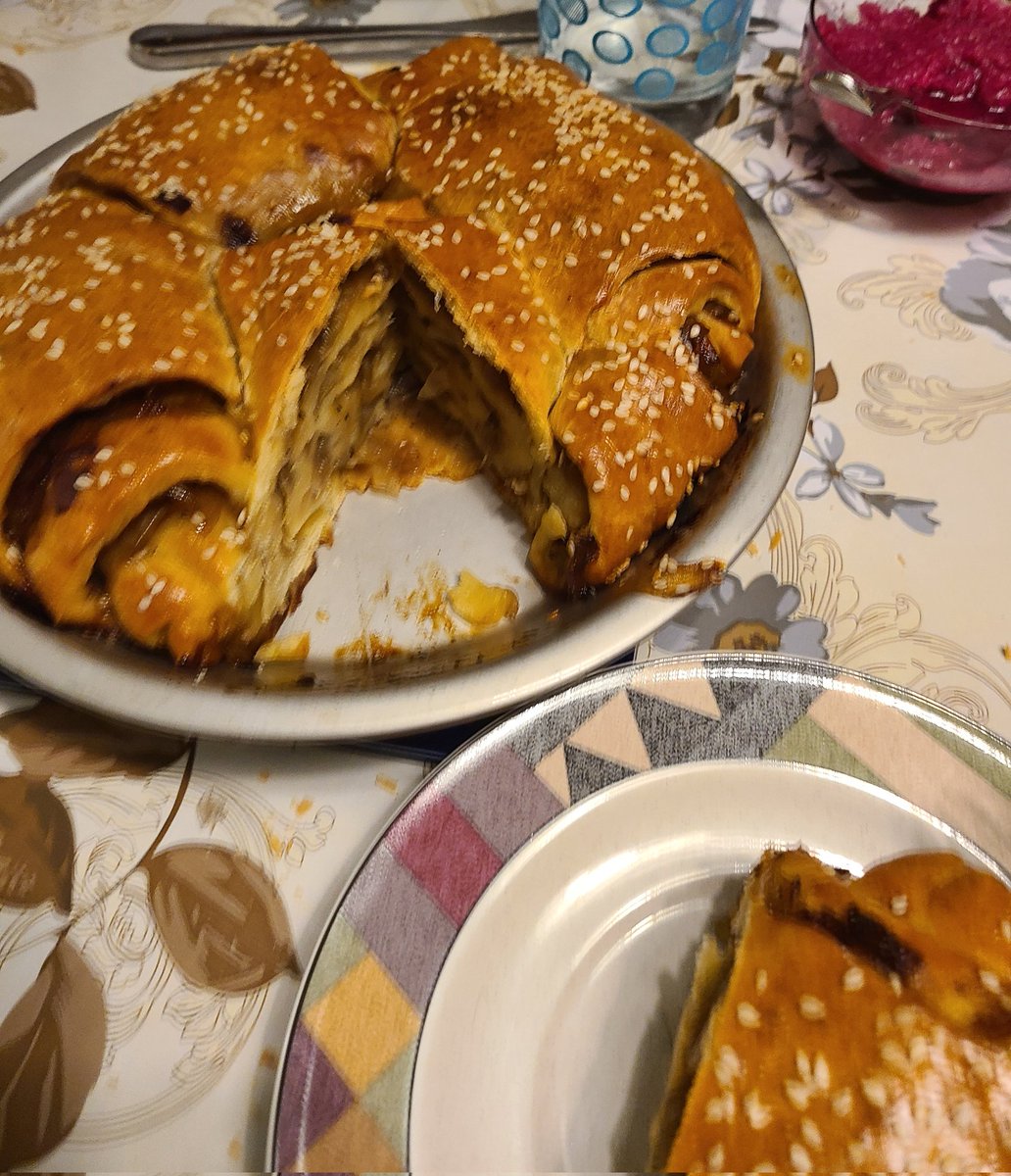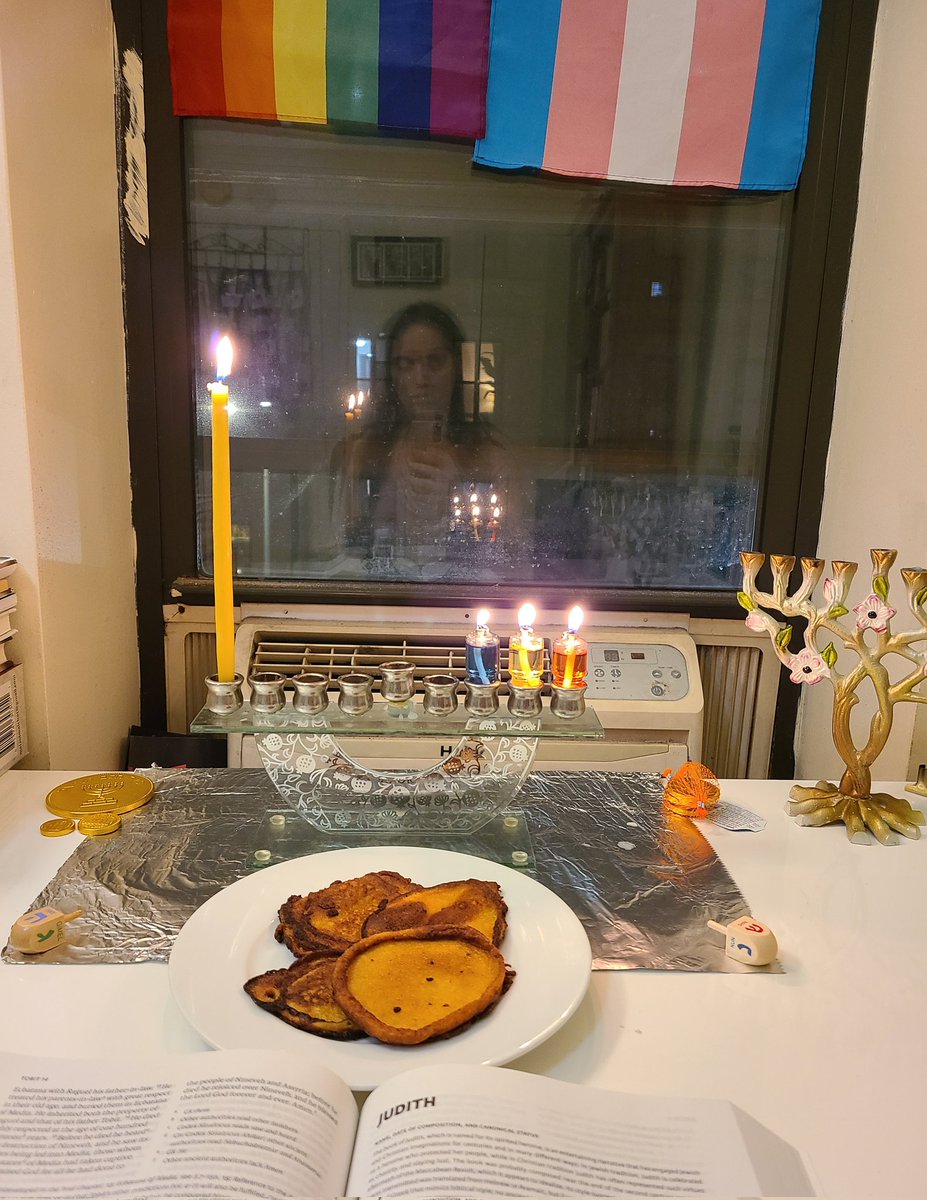
#NewYears is on Shabbos - aka, as Jews we have rich traditions on how to celebrate at home.
One of the most beautiful parts of Jewish year-cycle rituals and celebrations, is the "do at home" parts.
This year, let's #StayHome and put it to use celebrating New Year's as well 🎉
One of the most beautiful parts of Jewish year-cycle rituals and celebrations, is the "do at home" parts.
This year, let's #StayHome and put it to use celebrating New Year's as well 🎉
Some traditions to put to use:
- if you can, prepare foods that "set the mood" for you. Whether historically traditional, or just traditional for you.
- set the table. Traditionally on Shabbat that means a white tablecloth, candles, etc. Use what sets the table for you.
2/
- if you can, prepare foods that "set the mood" for you. Whether historically traditional, or just traditional for you.
- set the table. Traditionally on Shabbat that means a white tablecloth, candles, etc. Use what sets the table for you.
2/
- structure the meal. If that helps (it does me) start the meal with some reflections or song (religious, spiritual, or secular). And wrap up with something similar.
- dress up! My favorite part of every Shabbos. Wherever I am, the power of dressing up can't be overstated.
3/
- dress up! My favorite part of every Shabbos. Wherever I am, the power of dressing up can't be overstated.
3/
- dance 💃. Yes, at home, just with the people you live. It might feel weird for a second, but my family did it often. After a few minutes, it feels amazing.
Point being: there are so many way. #StayingHome doesn't have to be sad or boring 🎉
Early #HappyNewYear #ShabbatShalom
Point being: there are so many way. #StayingHome doesn't have to be sad or boring 🎉
Early #HappyNewYear #ShabbatShalom
• • •
Missing some Tweet in this thread? You can try to
force a refresh












